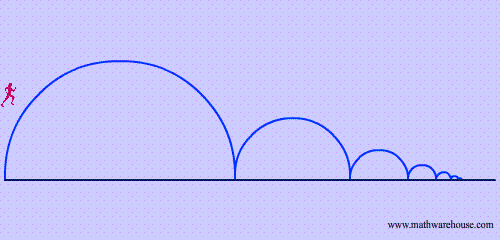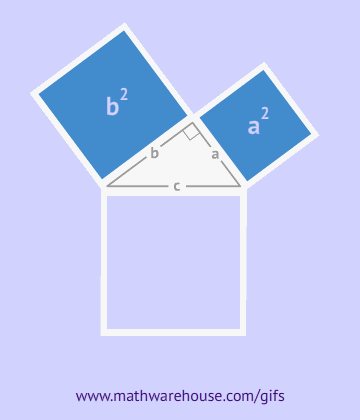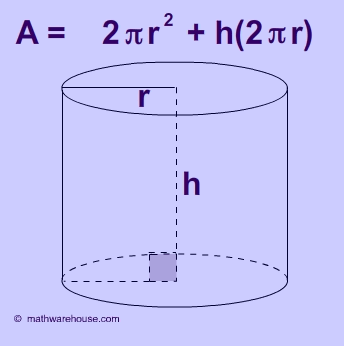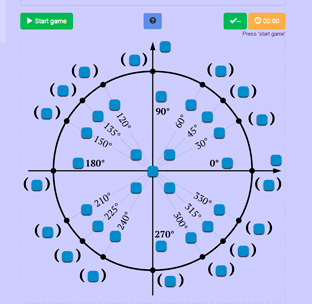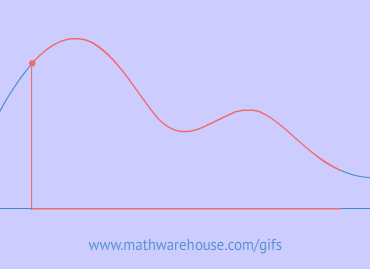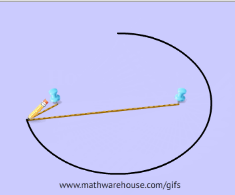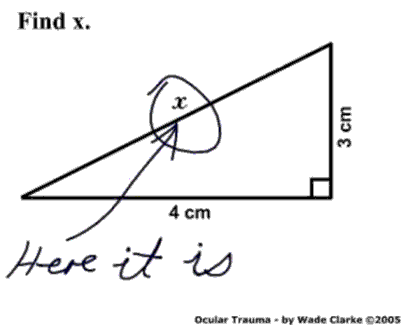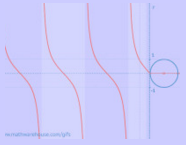Riddle 2
Riddle 3
Riddle 4
Riddle 5
Riddle 6
Riddle 7
Riddle 8
Riddle 9
Riddle 10
Riddle 11
Riddle 12
Other Good Riddles
Zeno's paradox of Achilles and the Tortoise
Quick summary of riddle: Zeno of Elea (490-425 BC) is known for creating many paradoxes which were debated by mathematicians for centuries. His riddle involving Achilles, the character from Homer's Iliad and a tortoise went something like:
The tortoise challenged Achilles to a race and Achilles, full of typical hubris, accepted and even gave the Tortoise a 10 foot head start. Before the race started, the tortoise told Achilles that the reason Achilles would lose is that even though Achilles would be catching up, the tortoise would always be moving ahead. Therefore, Achilles would always be covering a fraction of the distance between the two. Let's say he covered half of the distance in 1 second (5 feet) and then in the next he covered half of the new distance, the remaining 5 feet plus the Tortoise's new distance. In the end, the tortoise convinced Achilles that he could not win the race because although he would be getting closer and closer, he would still always be covering smaller and smaller fractions of the total distance between the two. Therefore, Achilles forfeited the race. To read this riddle in a modern narrative form click here.

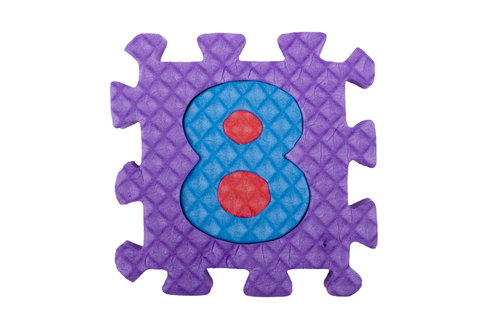
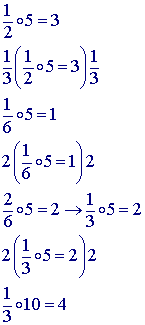
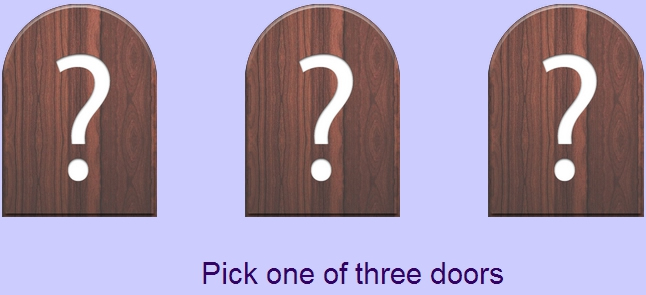 Your First Choice
Your First Choice
 Should You switch?
Should You switch?
